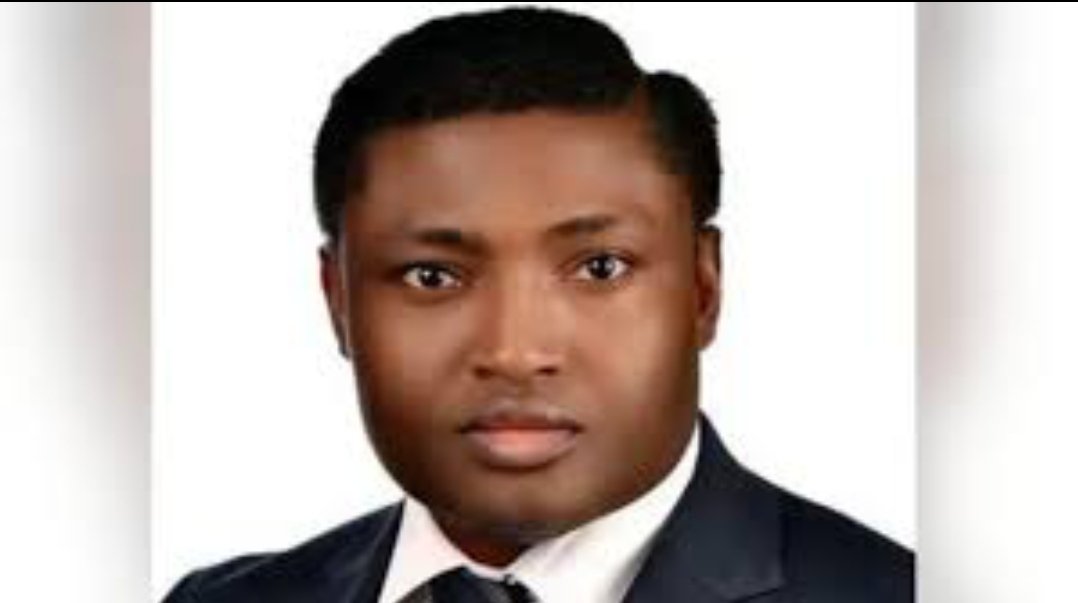Finnish prosecutors announced on Friday that they have charged Simon Ekpa, identified by Nigerian media as a separatist leader, with inciting terrorism online.
In a statement, Finland’s National Prosecution Authority revealed that they have charged “a Finnish individual in a case involving suspected public incitement to commit crimes with terrorist intent and participation in the activities of a terrorist group.” The alleged offenses occurred in Lahti between 2021 and 2024 and are linked to Ekpa’s efforts to establish Nigeria’s Biafra region as an independent state.
While the prosecution did not name the suspect, Finnish public broadcaster YLE reported that he is Simon Ekpa, a self-proclaimed leader of a faction of the banned Indigenous People of Biafra (IPOB), which advocates for the secession of Nigeria’s southeastern region—an area that experienced a devastating civil war in the late 1960s.
The charges against Ekpa are part of a broader investigation that led to the detention of five individuals by the Finnish National Bureau of Investigation. Four of those detained were suspected of financing terrorist activities but were released during the preliminary investigation due to a lack of evidence.
Ekpa, who has previously claimed to lead the government of the Biafra Republic in exile, was initially arrested in November. The prosecution stated that he remains in custody and denies the charges.
A dual Finnish-Nigerian citizen, Ekpa has also served as a local representative for Finland’s conservative National Coalition Party in Lahti, where he was involved in a public transport committee.
Both Finnish and Nigerian authorities are investigating the case, as Ekpa’s activities are suspected of inciting violence and other crimes against civilians and officials in southeastern Nigeria.
Following Ekpa’s arrest, Finnish authorities sought the detention of four others suspected of financing his activities. However, the prosecution confirmed on Friday that charges against these four individuals have been dropped due to insufficient evidence.







